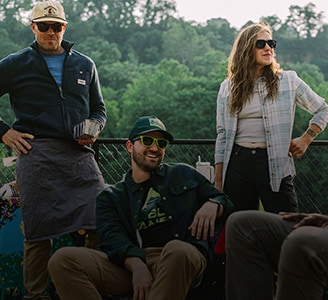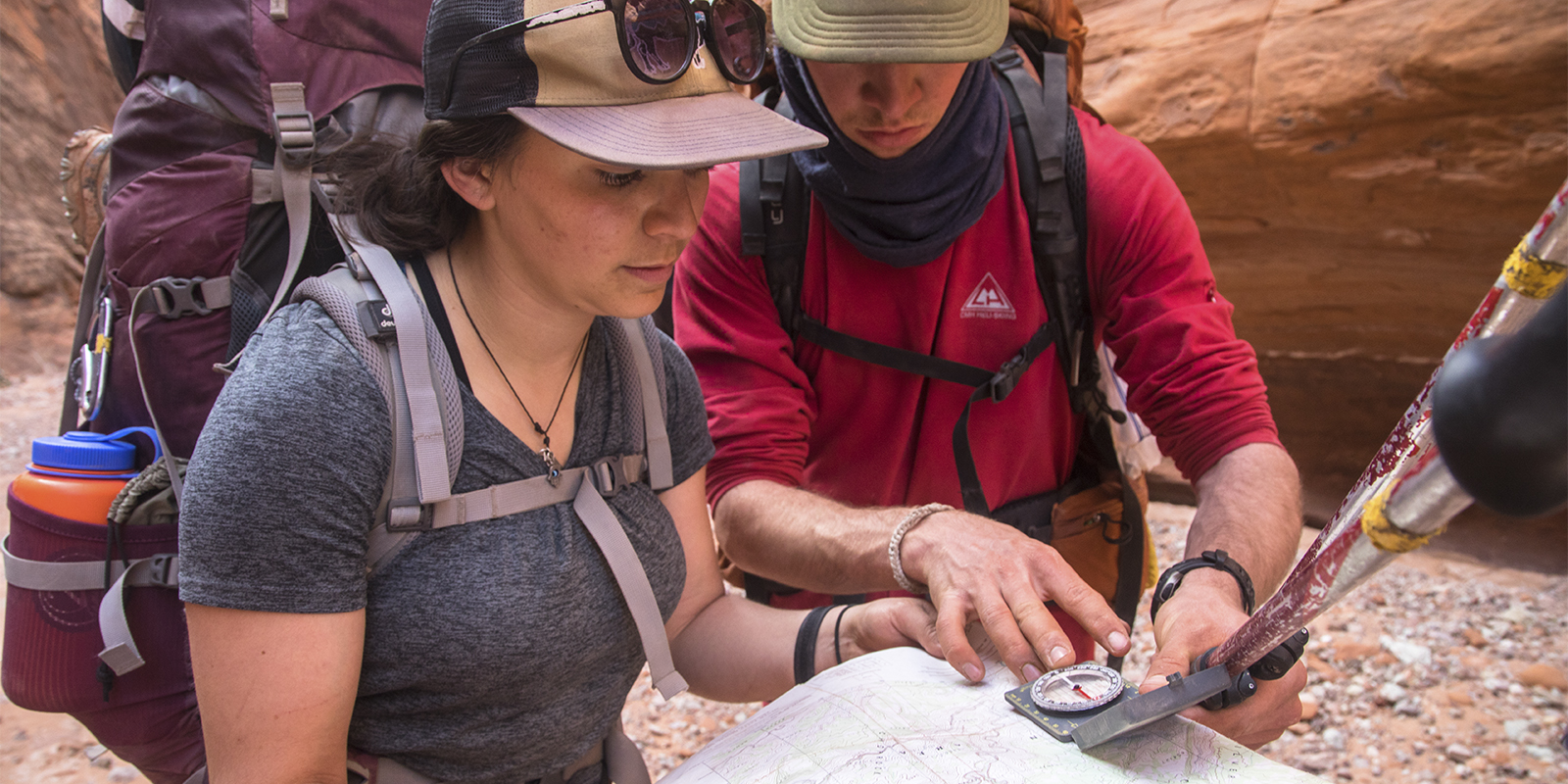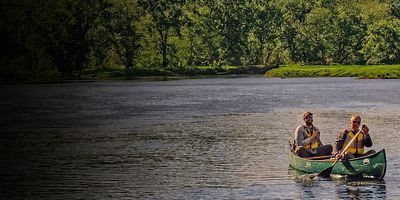David Wiens may be the executive director of the International Mountain Bicycling Association (IMBA), but he’s well aware that mountain bikers aren’t the only trail users out there—and that in order for bikers (and others) to have the best experience, everyone needs to get along. “Mountain biking is a very narrow slice of the pie,” he says. “The sport thrives when we’re collaborative.”
Before he started with IMBA in 2016, Wiens started Gunnison Trails, a nonprofit in Southern Colorado, and worked at Western Colorado University where he served as the Director of Mountain Sports, leading a competitive team of trail runners, mountain bikers, and multiple disciplines of skiers. He did contract work for Lifetime Fitness and Ergon bikes, started the Growler Mountain Bike Race in Gunnison, Colorado, and founded Pennies for Trails, a partnership program that enlists vendors who donate a penny for every dollar customers spend. Those donations go to trail improvement projects. And though Wiens stopped racing bikes professionally in 2004, he still lines up his wheels at gravel and mountain bike races now and again. “I can’t quite shake that,” he says.
Needless to say, Wiens is a creative leader who’s spent a greater part of his life on trails, and he’s worked in the realm of trail sports for decades. So after years of noticing increasing numbers of trail users—which skyrocketed during the pandemic—Wiens and IMBA decided it was time to start organizing a group to help trail users get along. In spring of 2021, Wiens reached out to members of trail recreation groups—hikers, mountain bikers, trail runners, equestrians, and motorized trail users—to create a coalition to promote etiquette and cooperation on shared trails.
"At IMBA, we recognized the importance of all trail users having the best possible experience,” says Wiens. “We pulled together the Trails are Common Ground coalition to make this a reality."
Leaders from organizations like the Washington Trails Association, the Back Country Horsemen of American, the American Trail Running Association, Tread Lightly! and more came together to develop a group and a corresponding national movement with a shared goal: everyone getting along on the trails.




